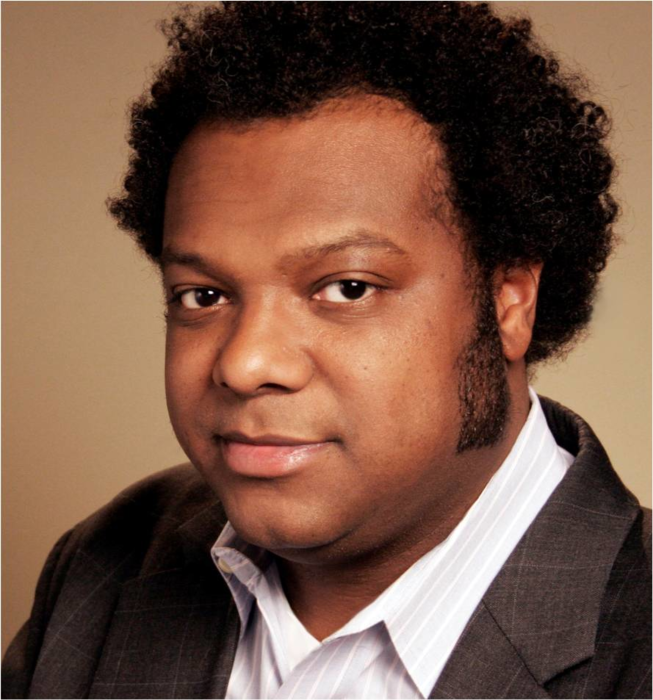The clock is ticking on marketers faster than it ever has, according to Mondelez International VP of Global Media and Consumer Engagement Bonin Bough. “It took TV 13 years to reach an audience of 50 million. It took mobile only two years to get there,” the man who handles brands like Oreo and Ritz told attendees of Direct Marketing News’s Marketing & Tech Partnership Summit this morning.
“It’s said that by 2020 all the products in a grocery store will be connected to the Web. That means we might be one of the biggest tech companies in the world,” Bough said. Did he and Mondelez turn to their global agency networks to help prepare for this scary eventuality? No, they turned to startups.
“The best way to predict the future,” said Bough, with a twist on a famous quote, “is to hack it.” It was hackers, he said, who created the mobile industry and social media, and hackers who are now conquering the “Final Frontier,” finding ways to monetize space travel. “Where some see dead ends, hackers see open doors,” he remarked. “We are living in a time where there’s an opportunity to take advantage of this. We can learn how to create value by breaking things.”
Not long ago, a couple of Mondelez brand managers approached Bough with an idea to take advantage of gaming apps to expand the reach of their brands among young targets. He thought it was a promising idea, until they said they wanted to go to their agency partners to create the program. “No,” Bough protested. “Go to the guys who build the mobile games.”
They wouldn’t listen. Both launched game apps, with each gaining in excess of 50,000 downloads. Wanting to prove them wrong, Bough enlisted the Oreo brand manager to hook up with a game app maker called Pick Pock and create a game called Twist, Lick, and Dunk. Presenting it as a competitive game app and not a brand app, even selling in-game ads to non-Mondelez brands, the Oreo game scored 4 million downloads, 250 million daily users, and was for a time the number one game app in 12 countries.
“We saw that there was an opportunity to make money off our media,” Bough said. “The brands were worried that competitive brands would advertise. I said, ‘If competitive brands are stupid enough to advertise on the Oreo app, I’ll take their money all day long.'”
Hack your marketing channels, said Bough, and you could learn to make your media go farther, or even turn them into revenue-generating operations. “Think about Angry Birds and Cut The Rope. They have 800 million users. I want that. I want to locate people and target them,” he declared. “The mobile phone is the new CRM platform; it’s the new premier targeting tool.”
Television still commands some 80% of CPG company budgets, noted Bough, and so CPG companies that aren’t finding ways to integrate their TV spend with social and mobile components are truly missing the boat. “When we run TV and mobile campaigns for a brand at the same time, we see [two times the increase] in effectiveness,” Bough said.
Mondelez’s Trident gum brand did a content-based program with the Fuse TV network and Twitter that tracked tweets about the music their young targets were listening to. That turned into real-time coverage of the Trident-Twitter Heat Tracker on Fuse and compounded results for Trident’s media dollars. “With Fuse alone, we could reach 18% of our demo,” Bough said. “By adding Twitter, we reached 50%.”
To make what Bough calls the “Hackonomy” part of Mondelez’s culture, the company sponsored an open call for startups to present them with campaign proposals. From 300 submissions, nine startups were chosen to pair with nine brands, who worked with agency, media, and retail partners to construct programs. There were three rules: participating brands had to guarantee an investment, they had to launch the program in 90 days, and brand leaders had to spend one week working at the startups.
“If you’re working in the hacker community, you have to work quicker. We give a six-month timeframe to a startup and they say, ‘Hey, we don’t know if we’ll be here in six months,’” Bough noted, adding that there was an even bigger risk tied to the concept.
“Brand managers came back and asked me if they should leave and join startups, and I said, ‘No, no, no!’” Bough recalled.








